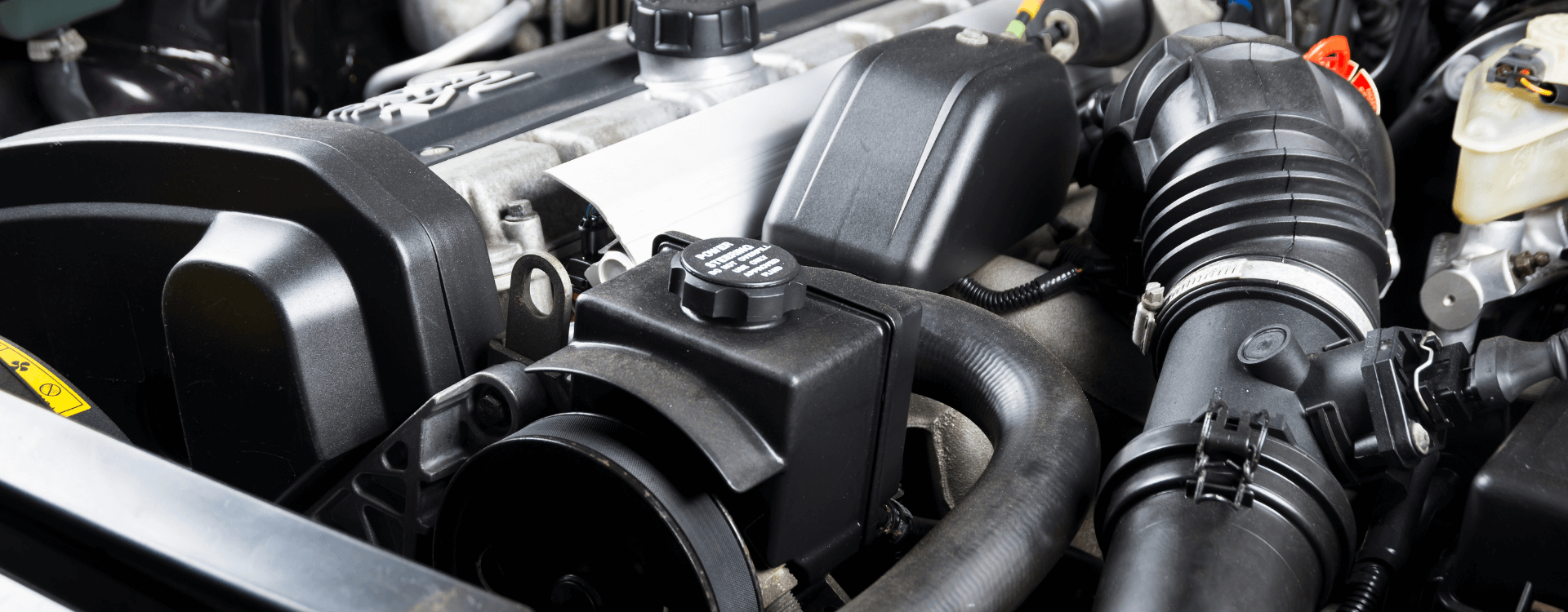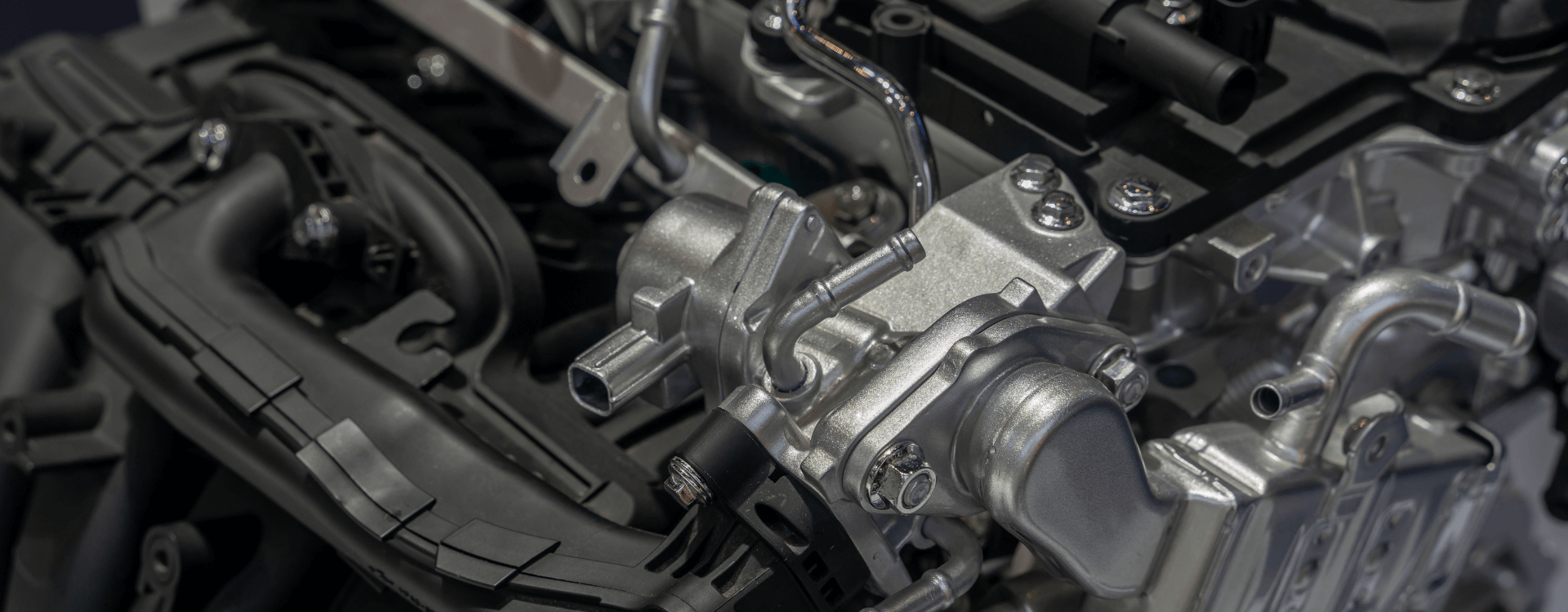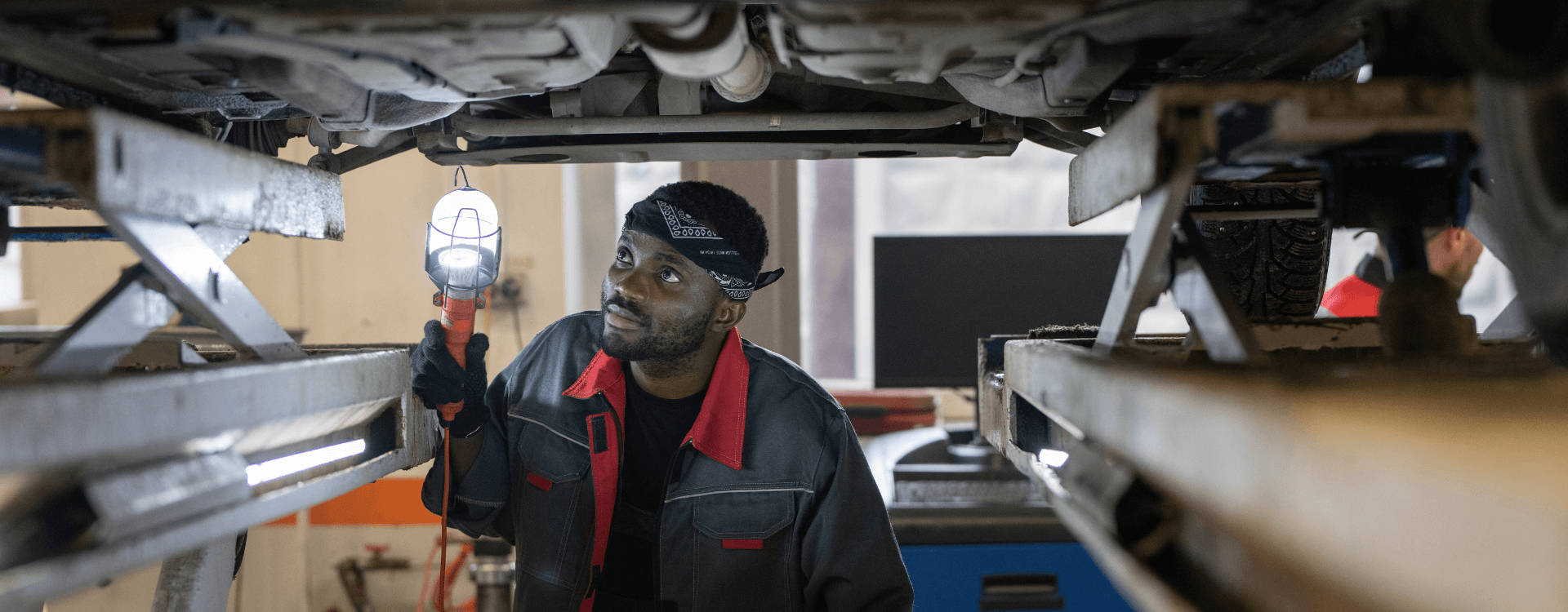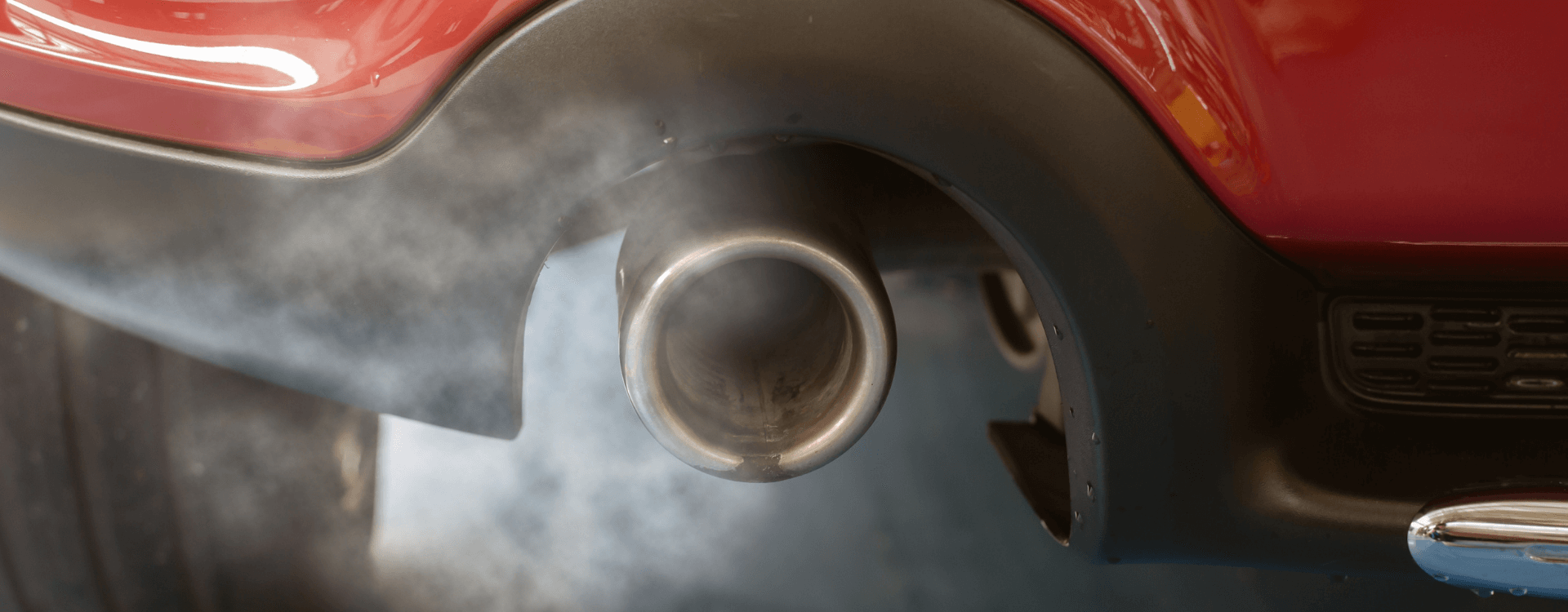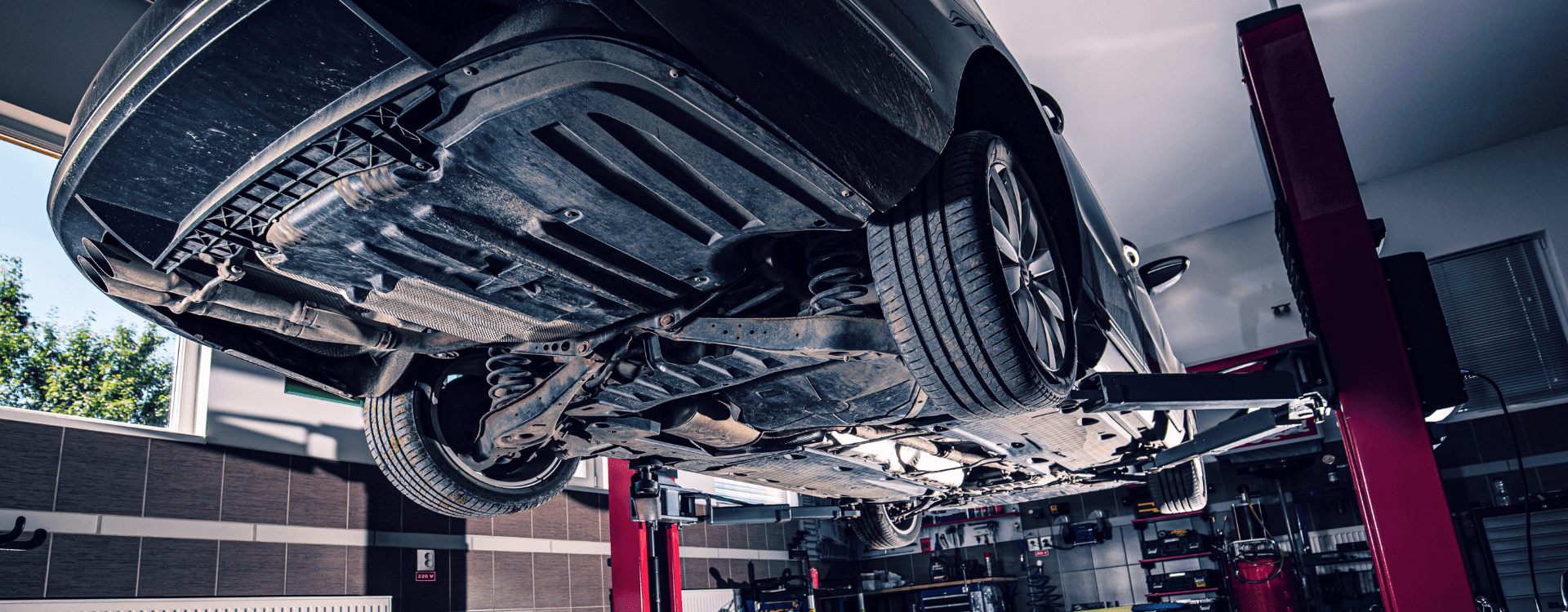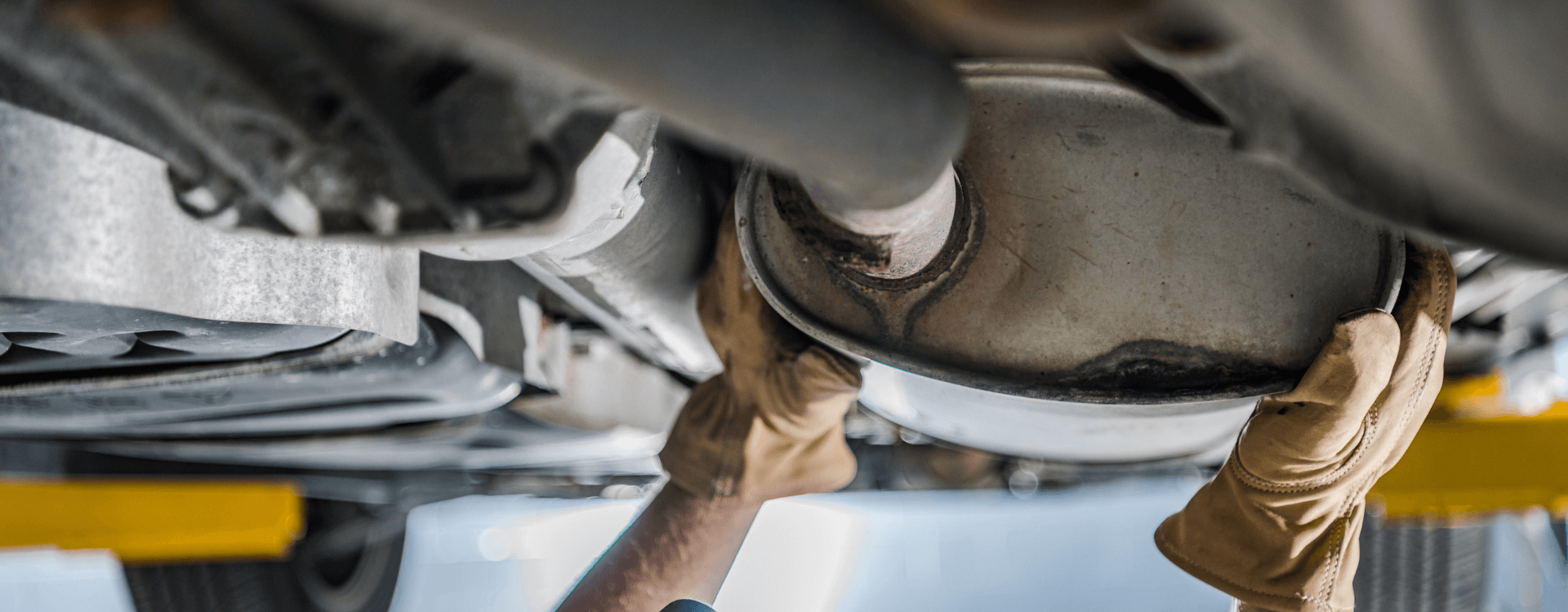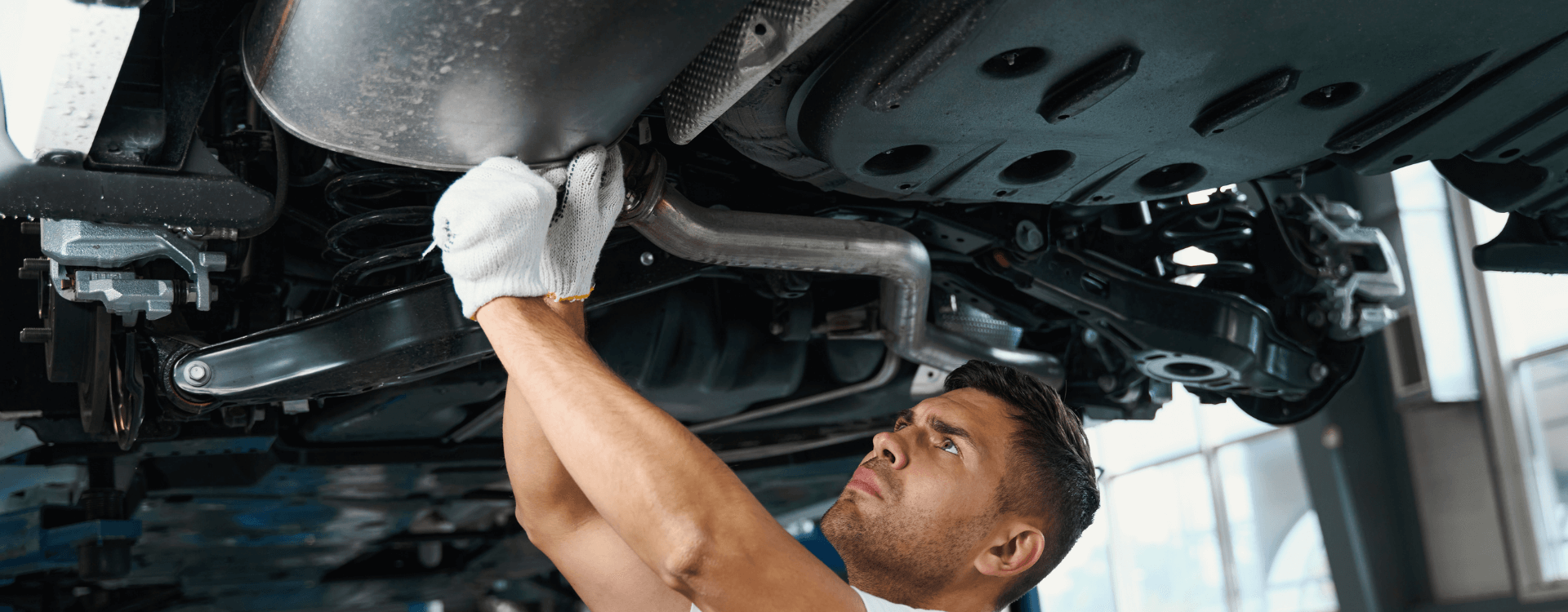
Which brand created the diesel particulate filter ?
From the 1980s onwards, the issue of the environmental impact of the automobile was raised more and more frequently, with scientific studies supporting it. Car manufacturers began to look for solutions to this problem. In 1985, one of them came up with the concept of a diesel particulate filter. But do you know which manufacturer was behind this ? You will probably spontaneously think of Peugeot... But that is not the case !
Diesel particulate filter: a luxury piece of equipment ?
In 1985, Mercedes was the first car manufacturer in history to implement a diesel particulate filter on a production model. In this case, it was the Mercedes type W126, which would be renamed a few years later as the S-Class. The idea was to retain the fine carcinogenic particles emitted by internal combustion engines. For this, a device is implanted on the exhaust line to retain these particles. But this remains rather theoretical because the particle filters of the time did not have the efficiency of those of today.
At the end of 1987, the star brand decided to stop the implementation of DPF. At the time, diesel was booming and Mercedes was not fully convinced of the initial impact or even the real effectiveness of its anti-pollution device. Soon, the diesel particulate filter fell into oblivion and was never really mentioned again. In industry, on the other hand, the DPF is becoming quite strongly democratised. In the automotive sector, the PSA group, which includes the Peugeot and Citroën brands in particular, now integrated into Stellantis, was the first to believe in this element to reduce the pollution of its vehicles. The significant and rapid development of diesel-powered cars is precipitating these advances.
Do you want to know if your Catalytic Converter is Bad ? Do you want to know if your DPF is clogged ?
The democratization of the diesel particulate filter
During the 1990s, PSA intensified the development of this technology and increased the number of trials, with varying degrees of success. The first production model to benefit from it was the Peugeot 607, in 2000. The brand with the lion took advantage of the presentation of its new flagship to implement the particle filter. Initially, this concerns the heart of the range, the 2.2 HDi diesel engine with 136 or 173 horsepower.
In the case of PSA, the choice was made to use an additive: cerin. The latter makes it possible to lower the temperature required to trigger a regeneration cycle. The efficiency is better than in the past. The French manufacturer uses precious materials for the internal honeycomb structure, designed to collect fine pollution particles.
Peugeot even promises to go so far as to eliminate fine nanoparticles during regeneration cycles. Actual efficiency measurements were difficult to establish at the time, but the public was soon enough convinced. This is also the case for the French government and more widely for European leaders.
The communication around diesel particulate filters is making sense, in the face of the direct injection system which is becoming the majority on the market. As the latter is reputed to be particularly emitting fine particles, the DPF manages to convince. For its part, Peugeot is strengthening its communication and touting its technology, which even goes so far as to promise cleaner air at the exhaust outlet. Finally, on 1er January 2011, the diesel particulate filter becomes mandatory on all diesel cars sold within the European Union. Petrol-engined cars will follow suit a few years later.
Diesel particulate filter developments
Over the years, car manufacturers, as well as equipment, have greatly improved the quality and efficiency of diesel particulate filters. In fact, DPF requiring an additive are rarer on the market. This is an economic advantage in terms of maintenance but also a constraint for those who choose a diesel vehicle for mainly urban use.
The fact that no additive is used means that the DPF has to reach an average temperature of 550° in order to complete a full regeneration cycle and thus burn off the pollution particles. The consequence is that diesel cars with diesel particulate filters that only make short daily trips will tend to clog up quite quickly.
Nowadays, motorists are more aware of this issue. They have come to realise that a diesel car must be driven enough on a daily basis not to have a problem with fouling.
In addition to the diesel particulate filter, diesel cars also have an EGR valve and more recently, the AdBlue. This additive helps to reduce nitrogen oxide emissions. The consequence of all this is that diesel cars are significantly cleaner. Paradoxically, these cars were known for their strength and endurance.
The multiplication of anti-pollution devices is efficient but can quickly become a nuisance for small urban drivers. From then on, it may seem interesting to consider removing the DPF... But this is neither legal nor really interesting from a pollution point of view. One of the aims of the proliferation of low emission zones (LEZs) is to gradually ban diesel cars in cities.
What you need to remember
Fundamentally, then, it was Mercedes that was the first to use a diesel particulate filter on a production car. As the implementation was not really sustainable, it was Peugeot that democratised this technology. Today, the effectiveness of the diesel particulate filter is no longer in question.
However, it is quite clear that the quality of the DPF is a major determinant of its efficiency. Unfortunately, this element is not eternal and the DPF wears out with every kilometre. When used properly, it is not uncommon to be able to reach 300,000 kilometres without even replacing it.
Inversely, an engine with a regularly clogged diesel particulate filter will last much less time. When it becomes necessary to replace it, it is advisable to choose it carefully... Cheap diesel particulate filters are not a guarantee of endurance. Also, be wary of over-promising. Some big names take advantage of their image to sell DPF of rather questionable quality...
Image sources:
Karolina Osinska / Author: svitlanah / License ID: STW7NB5JH9 - elements.envato.com

